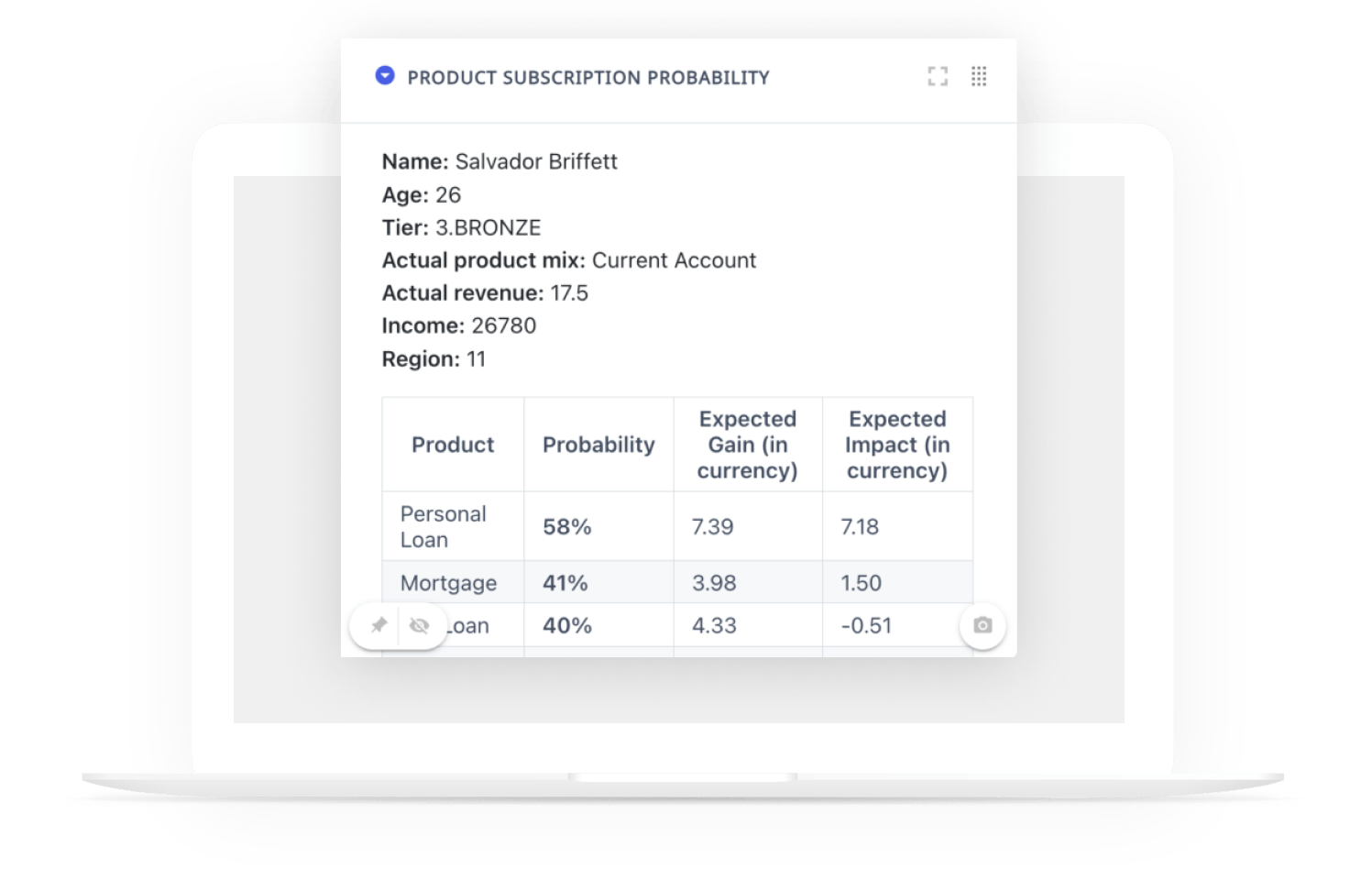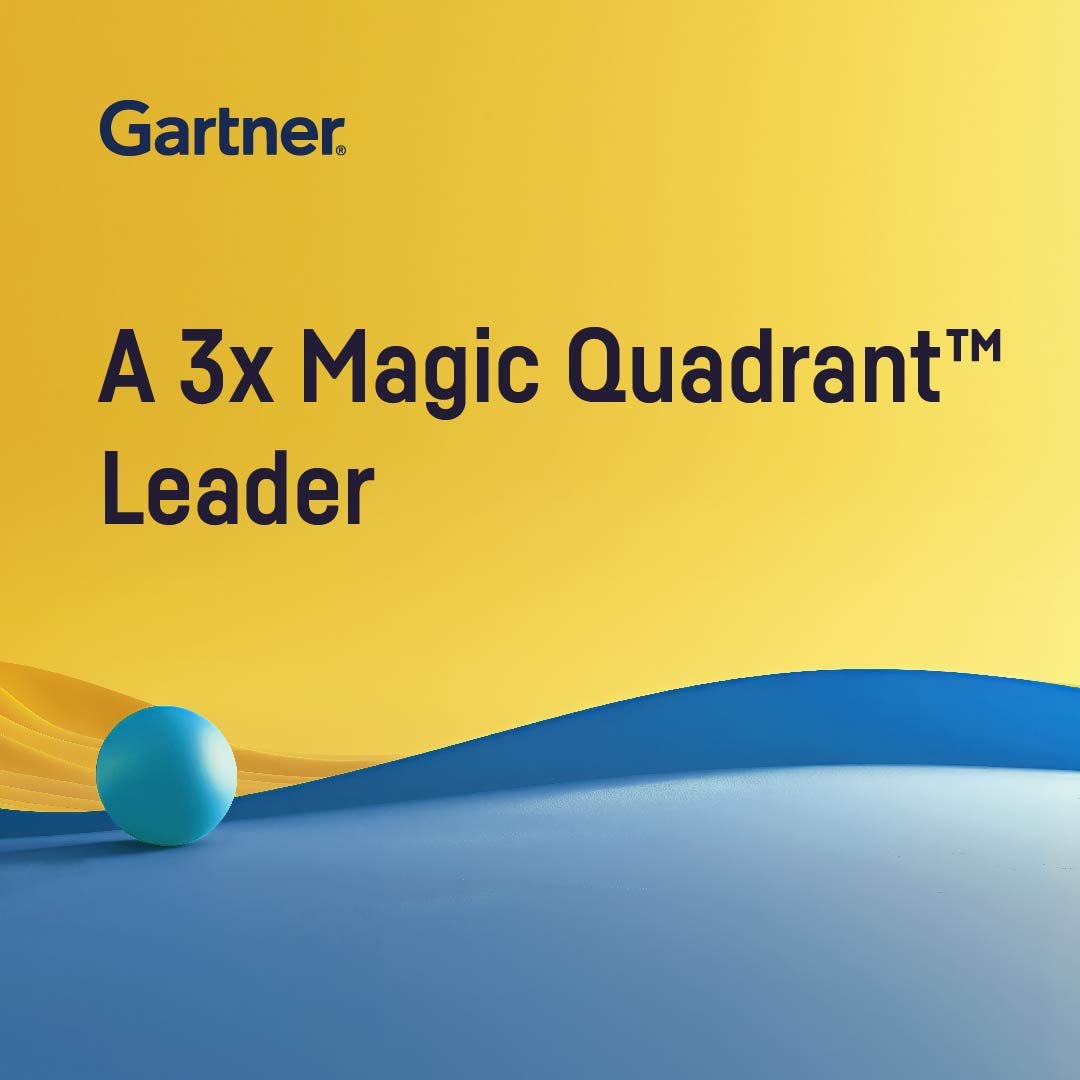At SLB, an industry leader in the oil and gas space in 120 countries, technology is central to its mission of unlocking access to energy for the benefit of all. They are regularly “pioneering new approaches and harnessing the latest advances in disciplines including AI, machine learning, IoT, and more” — but it wasn’t always that way and, further, this technological trailblazing doesn’t always trickle down to every business unit (and, if it does, it doesn’t happen overnight!).
We spoke with Modhar Khan, Head of People Analytics at SLB, to hear how his team is leveraging data and analytics to optimize the end-to-end talent management lifecycle. We discuss how they use Dataiku across various HR and people-centric use cases (from manager performance to compensation to churn reduction) to streamline project access and visibility, reduce the data project barrier to entry and foster upskilling, and promote a culture of reuse that is critical in the age of rapidly scaling AI.
About SLB
- SLB is the leading provider of technology and services to the energy industry across the world.
- 82,000+ employees
- 90+ technology centers
- Founded in 1926
- Headquartered in Houston, TX
Infusing Transparency and Reuse for Rapid Scalability
By now, it’s quite evident that the energy sector is in the midst of a period of mass disruption and transformation. SLB is focused on diversifying their portfolio in emerging new energy markets (with a focus on low-carbon and carbon-neutral energy technologies) and pushing the boundaries when it comes to technology.
One particular area of focus is in People Analytics, a team created in 2018 that functions as a hybrid center of excellence (CoE) but is also involved in project strategy and delivery. As a “matrix” organization, some People Analytics team members sit directly in the core team, while others operate in different areas of the business. The core team includes data scientists, data engineers, and product managers, with People Analytics managers embedded within various divisions, supporting the business unit they’re in and laddering up to the People Analytics team as a whole.
Quickly, though, the team realized that many of their processes were not scalable. Data scientists and engineers were working in their own Python notebooks, prepping and transforming the same data instead of sharing those intermediate insights with each other to more rapidly move on to the next stage of their projects. Further, without a common place to recycle projects as a whole, parts of a project, or even code snippets, the team knew they were losing time to market, time to discovery, and time spent on high-value projects.
That’s when they realized they could enhance team productivity, knowledge sharing, and project transparency if they implemented a centralized data platform — all of which can rapidly enhance scalability. With Dataiku, the team has been able to:
- Structure their projects in a more transparent way (users can easily see other teammates’ data flows and who is using what datasets for what models and dashboards)
- Enable team members to more effectively collaborate (Dataiku’s visual data pipelines make it easier to identify where to improve, projects become more vettable, and model versions can easily be compared to select the best one)
- Boost data literacy and upskill technical (i.e., engineers who are already inherently technical and want to enhance their data science skill sets) and non-technical employees (i.e., analysts) alike with Dataiku Academy courses and the project gallery
- Make reuse commonplace, avoiding duplicate work and saving time by repurposing pieces of data they’ve already cleaned into other projects (in what they’ve termed a “modular” approach)
Dataiku is a true partner. It’s a great product that makes sense for our team — it’s not static, it has a great product vision and roadmap, and the best part is how willing the Dataiku team is to help us.
-Modhar Khan, Head of People Analytics, SLB
Using Data Science to Accelerate Talent Performance Enablement
Every year, more than 500,000 people apply to work at SLB and, of those, only 2%-3% of them are selected into their talent pool. With superior talent and a vast data warehouse available to SLB’s talent management teams across the globe, the journey towards applying machine learning on the edge was challenged with the following requirements:
- Investment in learning and training
- Compliance monitoring
- Bringing stakeholders together to discuss and assure the value of such projects
To address the first point, the material provided by Dataiku covered all the needs and catered to various competencies and profiles (i.e., data engineering, analysts, business partners), which reduced SLB’s journey to data science at scale by months and years.
Secondly, a big factor for the team was ensuring that the projects are compliant to privacy regulations and bias elimination, without stopping creativity. With Dataiku’s clear reporting tools (i.e., model drift monitoring and model fairness reports) and automation of such reviews, talent teams are able to work more efficiently at scale — where it would previously have taken weeks and months to complete such reviews before projects begin.
Finally, Dataiku enabled connectedness across multiple teams and drove efficiency in project decisions, as well as visibility on where support was needed. In the past, the team had many reviews to get stakeholders to understand what data was used, where, and how engineering was applied — a process that took months. Today, those stakeholders have instant visibility on the entire data pipeline. For SLB, it was all about reducing the time it takes for recruiters to skim resumes and data so they can spend more time focusing on vetting the talent, while also being fair to candidates.
During the pilot conducted for one month with 10 members from various teams (compensation, talent acquisition) and profiles (recruiters, compensation analysts, talent acquisition planners), the team saw more than five projects get deployed to solve local business needs and equip recruiters with insights to help them comb through their applicants. The project successfully received buy-in from SLB’s Chief HR Officer and generated buzz across other parts of the organization — the company plans to expand and add more than 100 HR personnel on the Dataiku platform in the coming months.
Enhancing Talent Retention
Just like any modern company, SLB is focused on improving employee retention. Using Dataiku, they have built data pipelines from troves of data (i.e., across salary information, vacation data, performance and career stagnation information) to notify talent managers across the company about at-risk populations so they can effectively take actions as early as possible. They also provide the talent managers with insights on how they can improve the environment for their employees, such as salary, skill, or schedule changes.
Each year, the cost of unplanned employee attrition costs SLB $80-$200 million but, with the predictive model in Dataiku, the company has been able to retain between $18-45 million of that total thanks to the work the People Analytics team has done to maintain the high-value employees identified.
Looking Ahead
Today, the People Analytics team focuses on use cases that are a combination of business value-oriented, strategy-based, or implementation-related. Over time, the team wants to equip other people across SLB to apply data and analytics to their own business processes, shifting away from the traditional CoE and more towards an advisory, pilot-like AI lab that is more focused on experimentation.
They look forward to continuing to shift from disconnected insights to embedded analytics by inserting insights directly into other teams’ decision workflows (notably, helping the talent acquisition teams find the right people, attract them fast and in a fair way, reduce churn, and equalize the talent pool) — all while upskilling employees with data and analytics knowledge to penetrate other pockets of the organization.





